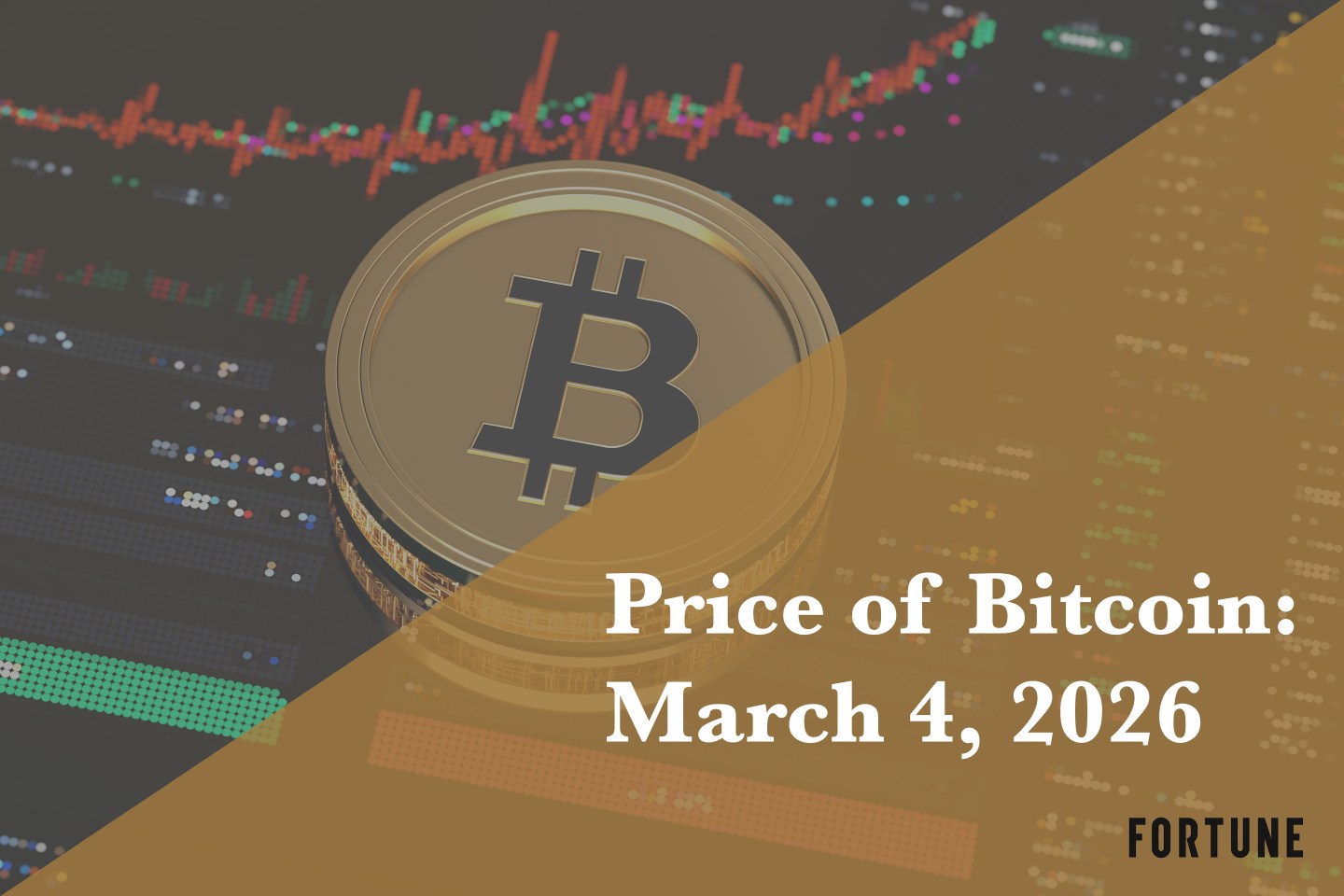On paper, the economy has improved by leaps and bounds since the depths of the economic crisis last spring. The jobless rate has fallen from 14.7% in April 2020 to 6.3% in January. U.S. third-quarter GDP growth in 2020 was the highest-growth quarter ever recorded. And sectors from housing to manufacturing continue to post strong figures.
But are Americans feeling the recovery? To find out, Fortune and SurveyMonkey polled 2,616 U.S. adults between Feb. 11 and 15. Our margin of error is three percentage points.
The finding? Only 1 in 4 Americans say the economy is improving. That number is unchanged from our December poll.
But something interesting has happened—there has been a massive political shift in terms of who is feeling better about the economy.

In December, 50% of Republicans and 9% of Democrats told Fortune-SurveyMonkey that the economy was improving. But when we asked the exact same question in February, 8% of Republicans and 42% of Democrats said the economy is improving.
What changed? The occupant of the White House.
The polling results appear to be an affirmation that voters see the overall economy through a partisan lens: Things are going well when their party is in charge, and things are going poorly when they’re not.
While Republican and Democratic voters have dramatically shifted their view of the economy in recent months, Independent-leaning voters haven’t shifted their view. In December, 14% of Independents saw the economy as improving; in February that figure was 15%.
*Methodology: The Fortune-SurveyMonkey poll was conducted among a national sample of 2,616 U.S. adults between Feb. 11 and 15. This survey’s modeled error estimate is plus or minus three percentage points. The findings have been weighted for age, race, sex, education, and geography.

This is an excerpt from Fortune Analytics, an exclusive newsletter that Fortune Premium subscribers receive as a perk of their subscription. The newsletter shares in-depth research on the most discussed topics in the business world right now. Our findings come from special surveys we run and proprietary data we collect and analyze. Sign up to get the full briefing in your inbox.











